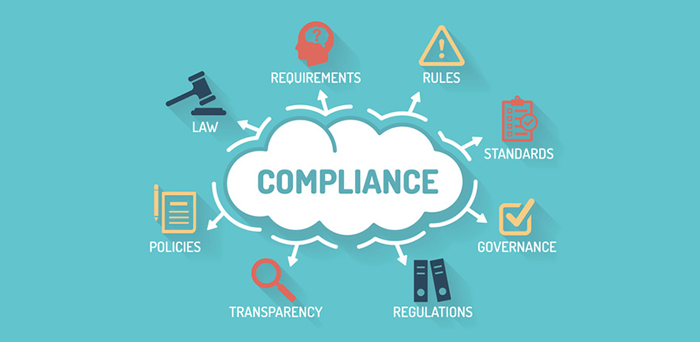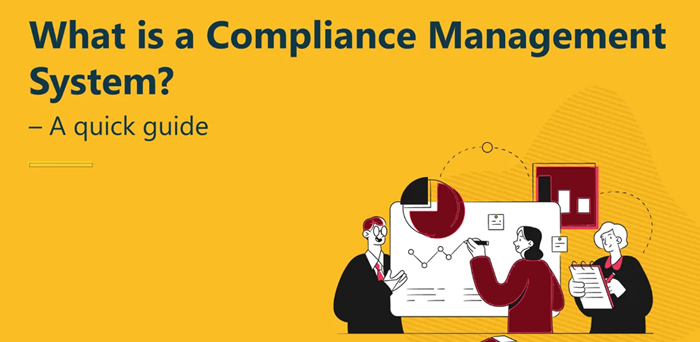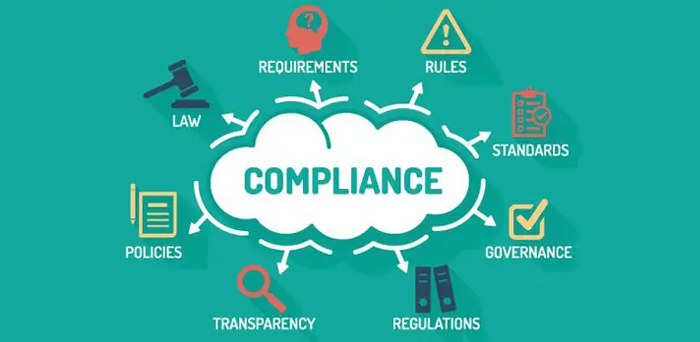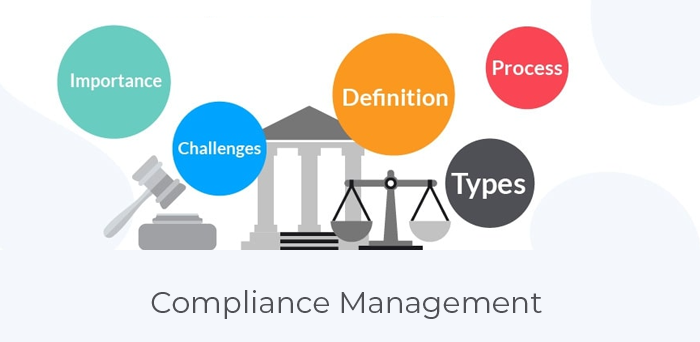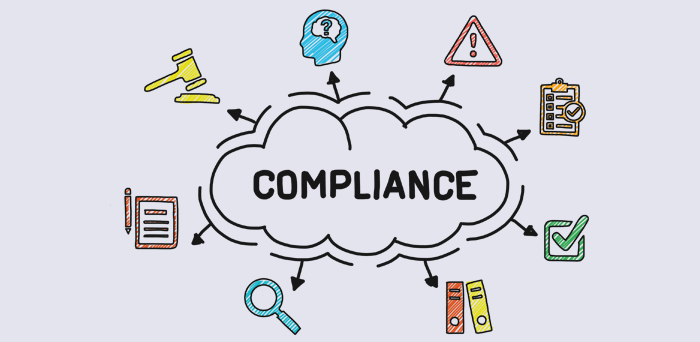
How Cloud-based Solutions are Changing the Compliance Landscape in India
The integration of cloud-based platforms and artificial intelligence in a variety of solutions that aim for absolute correctness and maximum efficiency has been made possible by the role that digitalisation has played in meeting regulatory standards. Modern cloud-based solutions that employ AI-like technologies aid organisations in achieving their goals of tax reduction and increased profitability.
Cost-effective cloud-based solutions are also available. You keep our compliance expenses to a minimal since you only pay for what you really use. They enable your company to grow or shrink without wasting any digital infrastructure.
Indian regulators have been re-examining the necessity for cloud regulation since late 2019.
Currently, there is no comprehensive law governing the provision of cloud services in India. For the purpose of providing cloud services, no local licence is required. Cross-border cloud service delivery is possible in India. To deliver cloud services to consumers in India, a foreign cloud service provider is not necessary to set up a local business, get any operating licences, hire local staff members, etc. Additionally, there are no limitations on setting up cloud operations in India or on international investment.
A cloud service provider that is locally incorporated would have to adhere to Indian legal requirements on business transactions, taxes, labour, and other issues. These licenses/compliances are not explicitly related to the supply of cloud services; rather, they are related to the regular business operations of Indian enterprises. Additionally, as illustrated below, even an overseas cloud services provider must adhere to data protection and access compliances.
➔ The Future
India is naturally well positioned to address the demand for the most cutting-edge cloud-related technical capabilities as the cloud ecosystem continues to change and present new growth prospects. Online shopping, banking, and healthcare services are all experiencing increased growth because to reasonably affordable internet and mobile connectivity, which in turn is boosting cloud-based growth. Ironically, though, most organisations in India have not yet started their journeys toward cloud adoption, so there is still a long way to go.
We're thrilled to see businesses all over India starting to see the benefits of switching to the cloud. Demand in this area will continue to be driven by economics, modernization requirements, and consumer expectations for digital interaction. E-commerce and omni channels will continue to be constructed either in a cloud-native manner or by moving on-premises software to the cloud as a result of digital transformation. Organizations in India, where a billion people have access to the internet and a billion people own mobile phones, are forced to change the way they conduct business in order to enable this level of involvement.
Utilizing the enormous quantities of data that businesses have amassed over time but have typically kept in isolated, compartmentalised pockets is enabling them to offer new levels of consumer insights, customer experiences, compliance, and decision-making.
Cloud computing technology does not have to be an expensive or time-consuming process; it can be planned thoughtfully and implemented progressively as the organisation goes forward with its digital transformation. However, the environment of the cloud is changing, and organisations must be ready to adapt to the new needs of customers and other companies, which call for a degree of agility, speed, and data that was previously unattainable. If the epidemic has taught us anything, it is that in order to survive, you must act immediately.
➔ What is causing the change?
The emergence of Big Data and Artificial Intelligence as well as the expanding number of Fintech businesses are altering how regulatory concerns are addressed. The buy-side business has already begun to incorporate features and procedures by embracing newer, digital technologies from third-party providers who are still highly utilised. Large pension funds, hedge funds, and asset management companies have historically depended on sell-side businesses to be compliant; however, because compliance is now the responsibility of the financial adviser or investment management teams, regulatory process changes are about to come.
Additionally, many businesses are using Corporate agile techniques, where speed to market is more important than perfection. The easiest approach for the regulatory teams to adjust to this transition is to get updates as they happen to the IT teams' backlog list, allowing teams to prioritise and put regulations into practise. Currently, all regulation changes are viewed as massive undertakings with significant costs and risks. However, there are evolutionary changes at work, and we think this has to alter.
Having said that, there are still a lot of gaps in our understanding of how to anticipate regulatory changes and be prepared with a pipeline for their quick and successful implementation.

